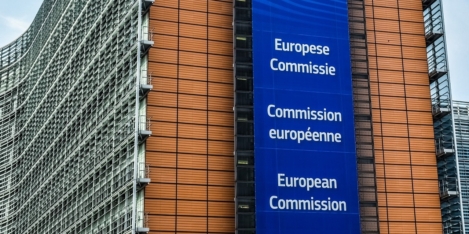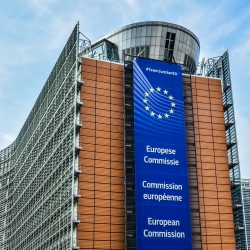To provide the best experiences, we use technologies like cookies to store and/or access device information. Consenting to these technologies will allow us to process data such as browsing behaviour or unique IDs on this site. Not consenting or withdrawing consent, may adversely affect certain features and functions.
The technical storage or access is strictly necessary for the legitimate purpose of enabling the use of a specific service explicitly requested by the subscriber or user, or for the sole purpose of carrying out the transmission of a communication over an electronic communications network.
The technical storage or access is necessary for the legitimate purpose of storing preferences that are not requested by the subscriber or user.
The technical storage or access that is used exclusively for statistical purposes.
The technical storage or access that is used exclusively for anonymous statistical purposes. Without a subpoena, voluntary compliance on the part of your Internet Service Provider, or additional records from a third party, information stored or retrieved for this purpose alone cannot usually be used to identify you.
The technical storage or access is required to create user profiles to send advertising, or to track the user on a website or across several websites for similar marketing purposes.
 The future infrastructure of smart cities will rely on the analysis of data relayed by the sensors in buildings, infrastructure, transportation and power grids; enabling city authorities to make critical decisions in real-time, according to GlobalData’s latest report, ‘Smart cities – Thematic Research’ (paywall). (more…)
The future infrastructure of smart cities will rely on the analysis of data relayed by the sensors in buildings, infrastructure, transportation and power grids; enabling city authorities to make critical decisions in real-time, according to GlobalData’s latest report, ‘Smart cities – Thematic Research’ (paywall). (more…)




















 By 2050, cars will be completely driverless, electric and kitted out for hosting business meetings on the go, a
By 2050, cars will be completely driverless, electric and kitted out for hosting business meetings on the go, a 
 A new analysis of the UK’s job market claims there were 52 percent fewer available jobs listed for professionals with technology skills at the end of 2019, compared to six months earlier.
A new analysis of the UK’s job market claims there were 52 percent fewer available jobs listed for professionals with technology skills at the end of 2019, compared to six months earlier. 
 The European Commission has put forward a strategy to promote the development of AI and robotics while putting people first and defending European values and rights. The strategy acknowledges that AI can open up new opportunities for businesses and bring solutions to challenges such as climate change. However, it aims to address the social, legal and ethical impact of new technology.
The European Commission has put forward a strategy to promote the development of AI and robotics while putting people first and defending European values and rights. The strategy acknowledges that AI can open up new opportunities for businesses and bring solutions to challenges such as climate change. However, it aims to address the social, legal and ethical impact of new technology. 







March 5, 2020
The theme park of modern office design
by Mark Eltringham • Comment, Furniture, Workplace design